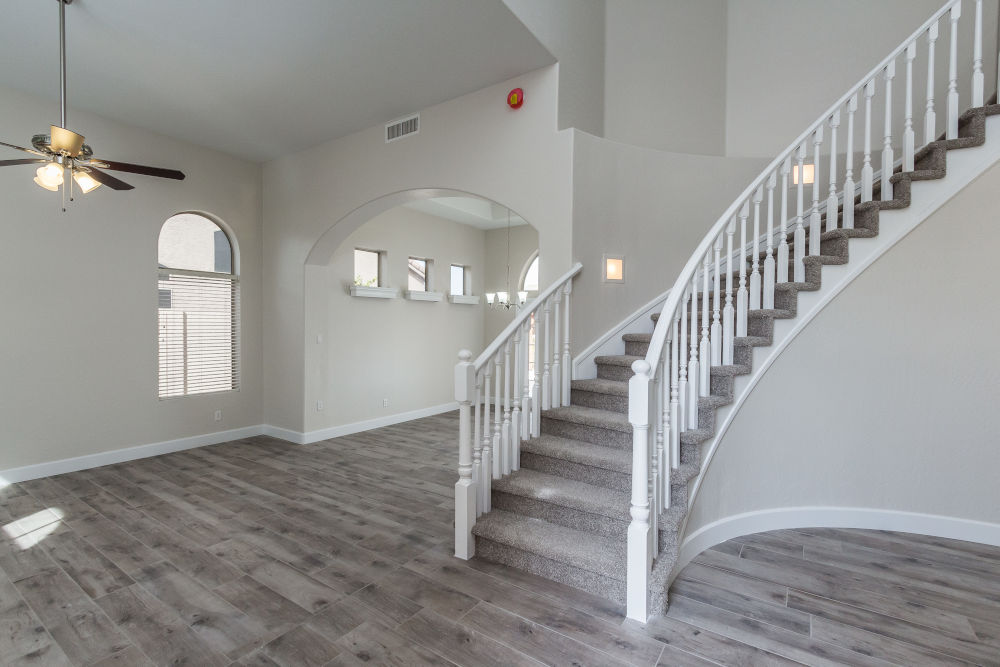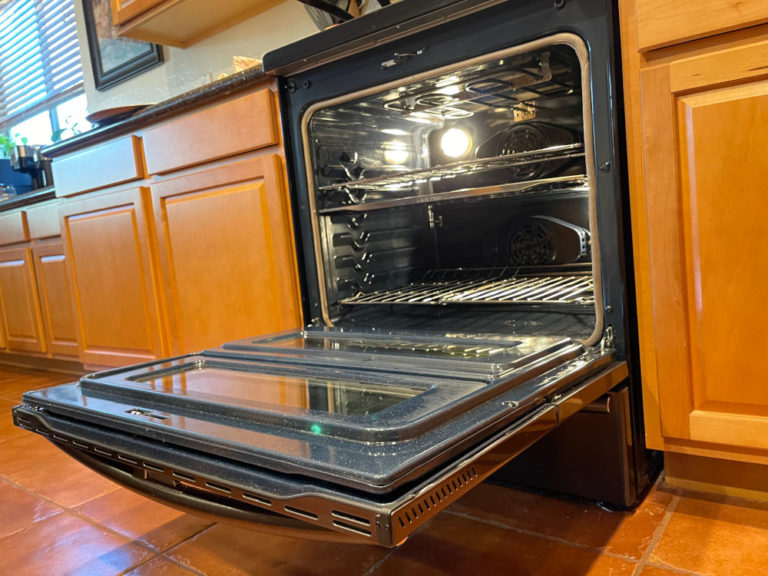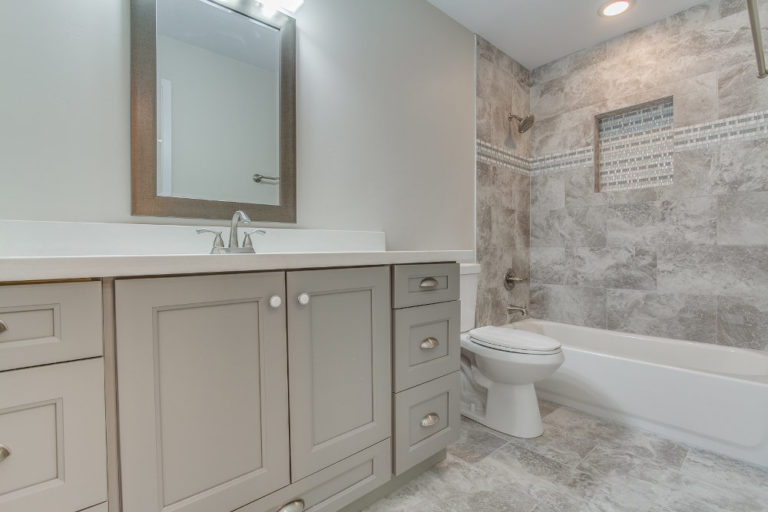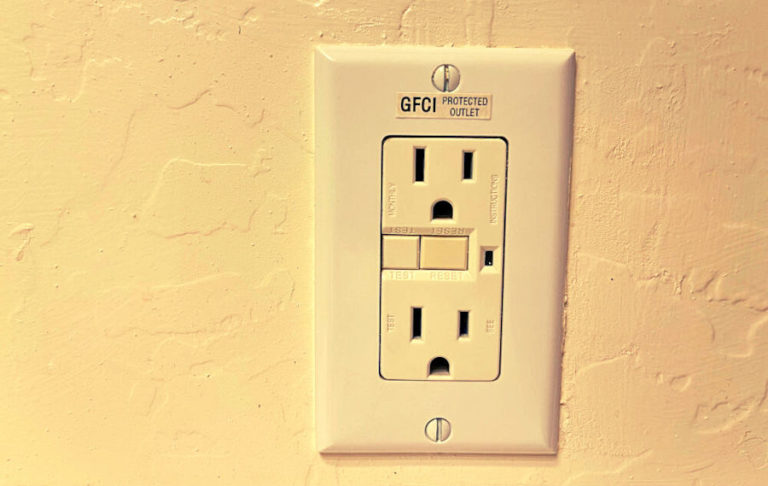Buying a new home is an amazing experience. You’ve found your dream home, and it’s brand-new. You don’t have to worry about repainting, about erasing the signs of someone else’s family. It’s a blank slate ready and waiting for yours. However, while it’s an exciting time, don’t lose sight of a very important fact: you need to have a home inspection before the warranty expires.
Why should you worry about having a brand-new home inspected? How long does your builder’s warranty last? We’ll cover the answers to those questions and more below.
How Do New Home Inspections Differ from Pre-Purchase Inspections?
The chances are good that you’ll have the home inspected before you purchase it. In some cases, your lender may insist on this before authorizing the mortgage. However, even if the lender does not require it, having a pre-purchase inspection is still smart.
Here’s the thing, though. That pre-purchase inspection isn’t the same thing as a 1-year home inspection. Pre-purchase inspections are generally designed to catch anything that’s not “up to code.” They are usually not very in-depth, particularly with a new home that’s only just been constructed.
So, how do new home inspections help? Why bother with one at all if you have a builder’s warranty in place?
How Long Does a Builder’s Warranty Last?
Most new homes come with a builder’s warranty designed to provide buyers with the peace of mind about defects in craftsmanship and materials. However, it doesn’t last very long. In the majority of cases, you only get a single year on most parts of the home. After that first year of ownership, you’re on your own if anything goes wrong.
How Do New Home Inspections Help?
By having an 11-month warranty inspection, you’re able to identify anything that might be starting to go wrong with the home and have it repaired by the builder before the warranty expires. It can be very challenging for homeowners to spot problems before they become serious issues, and it can take time for defects to become visible.
A new home inspection takes place during the first year of ownership (which is why they’re often called 1-year home inspections) and can help to catch many types of problems that were not apparent before. Without this inspection, those problems could go unnoticed and unresolved until they cause significant damage to the home. And by that time, the builder’s warranty will have expired, and you’ll have to foot the repair bill yourself.
As you can see, it’s important to have a home inspection before the warranty expires. What should such a warranty cover, though? Who should conduct the inspection?
What Is Included in New Home Inspections?
It’s important to verify what’s covered in the inspection. In general, an inspector should check the septic/sewer system, plumbing, and appliances. They should also check for problems with drainage and wiring. Below is a list of some of the most commonly covered areas a home inspection should cover:
- Appliances – The inspector should check any appliances that came with the home when you purchased it, including the furnace, air conditioner, dishwasher, refrigerator, stove, and oven. They should also check features of the home associated with those appliances, such as the dryer vent and hood vent.
- Foundation – The inspector should check the foundation for any signs of degradation, as well as the drainage around the foundation. Cracking, signs of poor drainage/ponding, subsidence, and other issues should be cause for concern.
- Roof and Gutters – The inspector should check the entire roof and all gutters for signs of damage. The use of drones can make these inspections safer, easier, and more accurate, particularly with steeply pitched roofs that might be impossible to inspect physically.
- Floors – All flooring and subfloors should be inspected for signs of damage, gaps between the bottoms of walls and the floor, sloping, and other issues.
- Plumbing – The inspector should check for plumbing fixture operation, as well as signs of leaking around the interior and exterior plumbing elements, laundry connections, water heaters, and more.
- Electrical System – Your inspector should check your breaker box and any subpanels, as well as your outlets and switches.
- Decks – Exterior decks should be examined for bowing and breaking wood, as well as damage where they connect to the home (if they are not free-standing).
What If the Home Inspection Doesn’t Catch Everything?
While home inspectors are professionally trained and use modern tools to complete their inspections, sometimes things can go wrong. It might be that there is an existing problem that simply isn’t severe enough to be noticed yet, for instance. In these cases, it’s important to make sure that your home inspection comes with a warranty.
How long is a home inspection warranty good for? It can vary significantly from inspector to inspector. At Kei Home Inspections, we offer a full 120-day warranty on every home inspection we conduct. We believe in providing you with peace of mind, not just about the initial inspection but about our ability to spot underlying problems. We stand behind our work and will make the situation right if anything is not identified during the inspection.
A 1-Year Home Inspection Is Essential
As you can see, a 1-year home inspection is not just a smart idea. It’s a critical step to ensuring that you’re protected against defects in workmanship and materials while you still have a warranty from the builder. If you wait until the warranty expires, it will be too late, and you will have to pay for the repairs yourself.
It’s also important not to rely on the pre-purchase inspection to catch everything. Remember – these inspections are really just about making sure that the home’s construction meets local building codes. Many problems may not even be apparent yet and will not become visible until you have lived in the home for many months.
A 1-year new home warranty inspection offers you the peace of mind and protection that you need against both innocent defects and intentionally hidden flaws. Call Kei Home Inspections today to learn more or to schedule your consultation.







